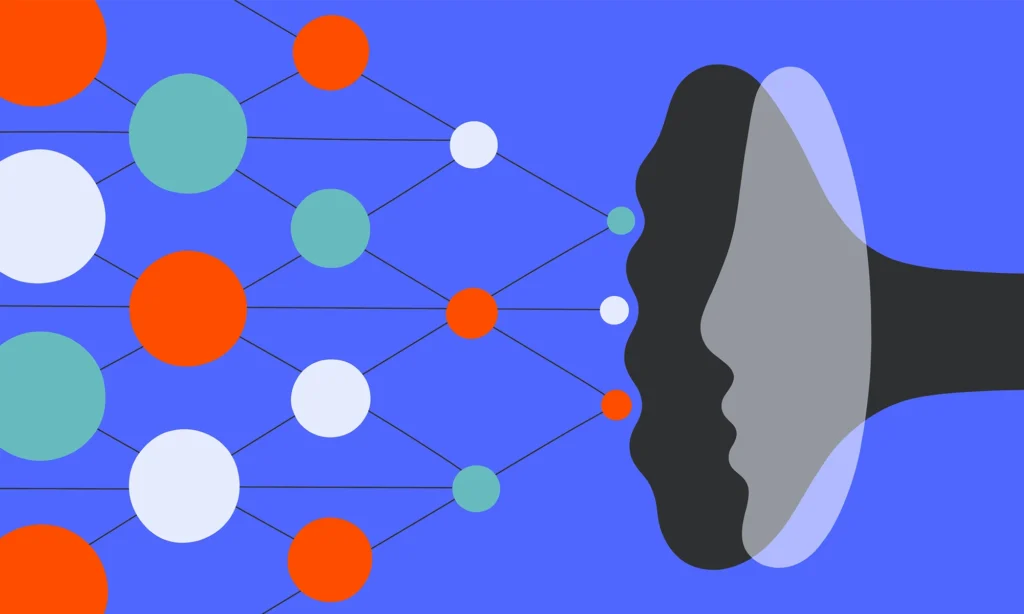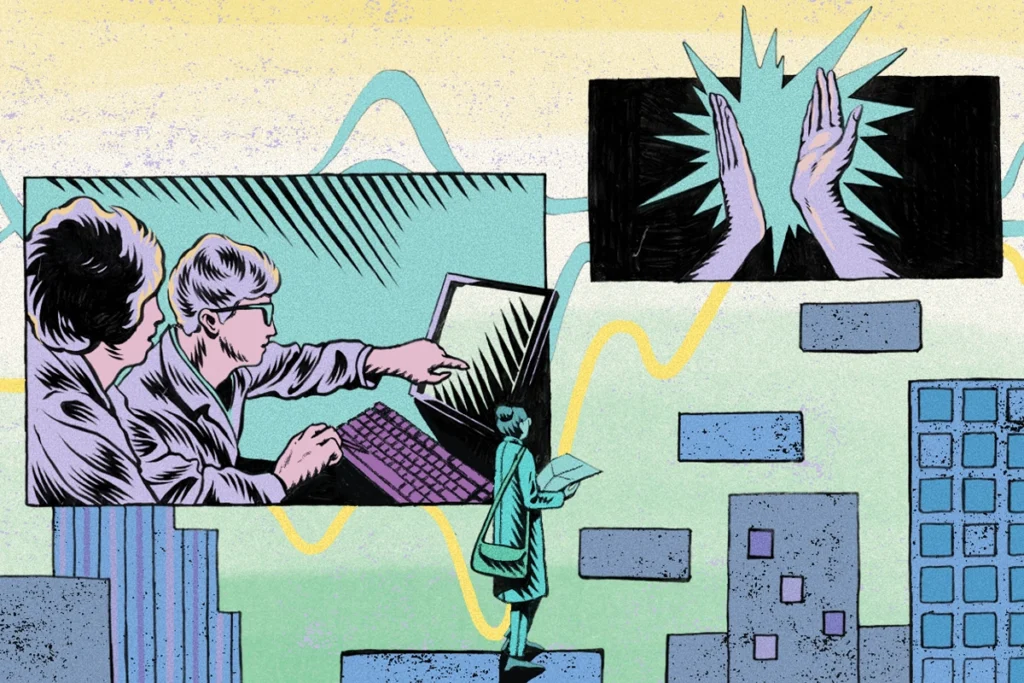Collaboration
Recent articles
How to be a multidisciplinary neuroscientist
Neuroscience subfields are often siloed. Embracing an integrative approach during training can help change that.

How to be a multidisciplinary neuroscientist
Neuroscience subfields are often siloed. Embracing an integrative approach during training can help change that.
Should I work with these people? A guide to collaboration
Kevin Bender offers advice for early-career neuroscientists on how to choose the right collaborations and avoid the bad ones.

Should I work with these people? A guide to collaboration
Kevin Bender offers advice for early-career neuroscientists on how to choose the right collaborations and avoid the bad ones.
Explore more from The Transmitter
Organoid study reveals shared brain pathways across autism-linked variants
The genetic variants initially affect brain development in unique ways, but over time they converge on common molecular pathways.

Organoid study reveals shared brain pathways across autism-linked variants
The genetic variants initially affect brain development in unique ways, but over time they converge on common molecular pathways.
Single gene sways caregiving circuits, behavior in male mice
Brain levels of the agouti gene determine whether African striped mice are doting fathers—or infanticidal ones.

Single gene sways caregiving circuits, behavior in male mice
Brain levels of the agouti gene determine whether African striped mice are doting fathers—or infanticidal ones.
Inner retina of birds powers sight sans oxygen
The energy-intensive neural tissue relies instead on anaerobic glucose metabolism provided by the pecten oculi, a structure unique to the avian eye.

Inner retina of birds powers sight sans oxygen
The energy-intensive neural tissue relies instead on anaerobic glucose metabolism provided by the pecten oculi, a structure unique to the avian eye.